4 Bold Randall Flagg Theories That Reshape Your Understanding Of Stephen King's Novels
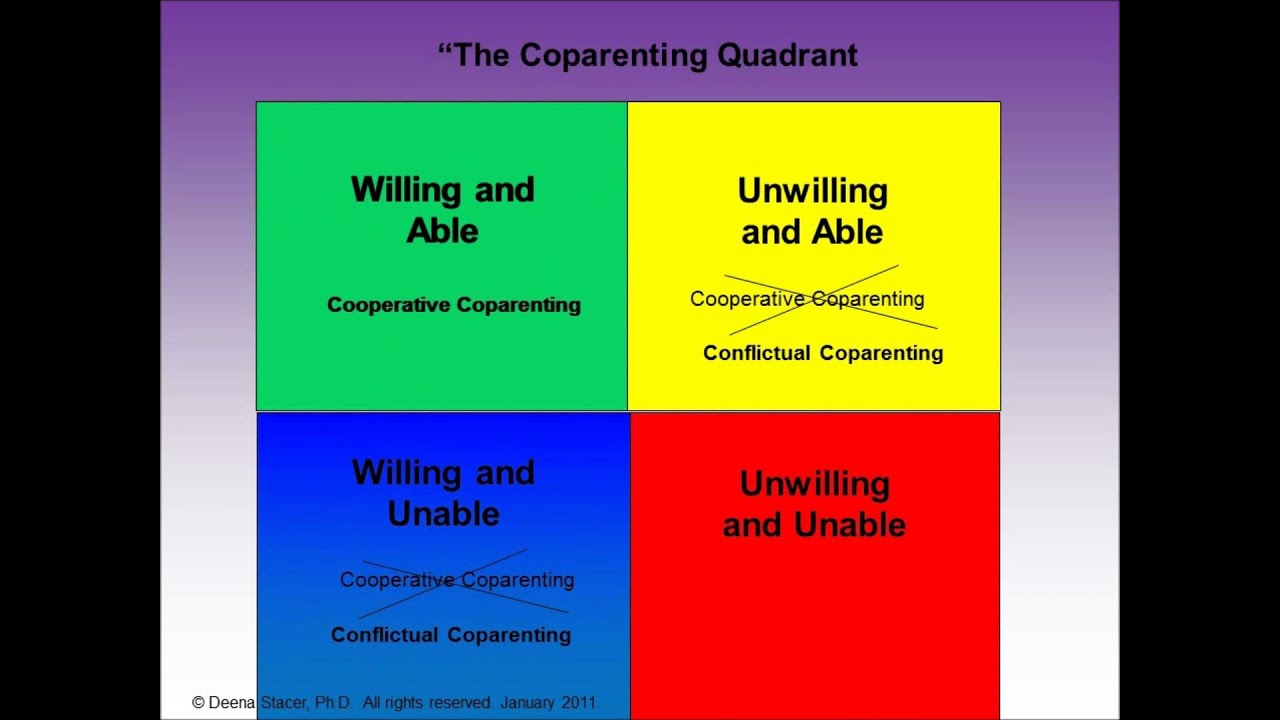
Table of Contents
Theory 1: Flagg as a Multiversal Entity
Evidence of Flagg Across Multiple King Universes
The sheer number of times Flagg appears, under various names like Walter O’Dim, in disparate Stephen King novels, suggests a being far beyond the confines of a single narrative. This theory proposes Flagg as a multiversal entity, capable of traversing and influencing countless realities.
- The Stand: Flagg's role as the malevolent counterpart to Mother Abagail, orchestrating chaos and destruction.
- The Dark Tower series: Flagg's crucial role as a major antagonist in the overarching cosmology of the Dark Tower, directly opposing the forces of good and order.
- Other Novels: Subtle or overt appearances in books like Eyes of the Dragon and The Talisman hint at a presence that extends far beyond any single story.
Flagg's consistent methods – manipulation, charisma, and the wielding of supernatural powers – across these vastly different worlds lends credence to the idea of a single, powerful entity operating on a grander scale than initially perceived. This transcends simple recurring villain tropes; it implies a being whose influence shapes the very fabric of existence within King's multiverse.
Theory 2: Flagg's Connection to the Dark Tower
Flagg and the Crimson King: A Partnership in Chaos
Flagg’s connection to the Dark Tower series solidifies his importance in Stephen King's cosmology. He isn't just a powerful antagonist; he's a pivotal player in the cosmic struggle for the Tower's fate.
- Alliance with the Crimson King: Flagg serves as a key agent of the Crimson King, actively working to destabilize the Tower and plunge all realities into chaos.
- Strategic Manipulation: His actions aren’t random acts of evil; they're calculated moves aimed at weakening the Tower's defenses and furthering the Crimson King's ultimate goal.
- The Nature of Chaos: Flagg represents the embodiment of chaos and entropy, a force actively working against the order represented by the Tower.
Understanding Flagg's role within the Dark Tower framework is crucial to comprehending his overall motivations. He is not merely a villain seeking power; he's a force of cosmic disruption, a key player in a battle for the fate of all creation.
Theory 3: The Evolution of Flagg's Motives
From Simple Conquest to Complex Philosophies?
While consistently evil, Flagg's motivations appear to shift across his various appearances. Analyzing these changes provides insights into his complex nature.
- Early Appearances (e.g., The Stand): He seems driven by a desire for simple conquest and the satisfaction of wreaking havoc.
- Later Appearances (e.g., The Dark Tower): His goals become more subtle and nuanced, suggesting a deeper, possibly philosophical, motivation beyond mere domination.
- Shifting Priorities: Flagg's actions occasionally reveal a strategic pragmatism, hinting at long-term goals that transcend immediate gratification.
Is Flagg purely evil, or is there a more complex rationale behind his actions? This theory proposes that his motivations might evolve, reflecting an adaptable nature or a deeper, perhaps even unforeseen purpose. Is he simply a force of chaos, or is there a method to his madness?
Theory 4: Flagg as a Necessary Evil (or Anti-Hero)
The Grey Areas of a Complex Character
This controversial theory challenges the simplistic portrayal of Flagg as purely evil. Could there be a paradoxical element to his existence?
- Unintended Positive Consequences: In some instances, Flagg's actions, while undoubtedly brutal, might inadvertently lead to positive outcomes or force necessary change.
- Catalyst for Growth: His presence might serve as a catalyst for growth and resilience among those who oppose him, strengthening their resolve and highlighting their virtues.
- Reflection of Humanity's Darkness: Flagg could represent the darker aspects of humanity, a necessary counterpoint to highlight the triumph of good.
This perspective invites a more nuanced interpretation of Flagg, blurring the lines between villain and anti-hero, and prompting a deeper reflection on the nature of good and evil within Stephen King's universe. It’s a perspective that will undoubtedly spark debate amongst dedicated King fans.
Conclusion
These four Randall Flagg theories offer fresh perspectives on one of Stephen King's most intriguing and enduring antagonists. By exploring Flagg as a multiversal entity, a crucial player in the Dark Tower cosmology, a character with evolving motivations, and even a potentially necessary evil, we gain a deeper understanding of his complexity and his impact on the vast tapestry of King's interconnected narratives. These theories enrich our appreciation of Stephen King's work, forcing us to reconsider our preconceived notions about this compelling, chilling figure. What are your Randall Flagg theories? Share your thoughts and interpretations in the comments below! Let’s discuss!

Featured Posts
-
 Ozhidaemoe Pokholodanie I Snegopady V Permi I Permskom Krae V Kontse Aprelya 2025
May 09, 2025
Ozhidaemoe Pokholodanie I Snegopady V Permi I Permskom Krae V Kontse Aprelya 2025
May 09, 2025 -
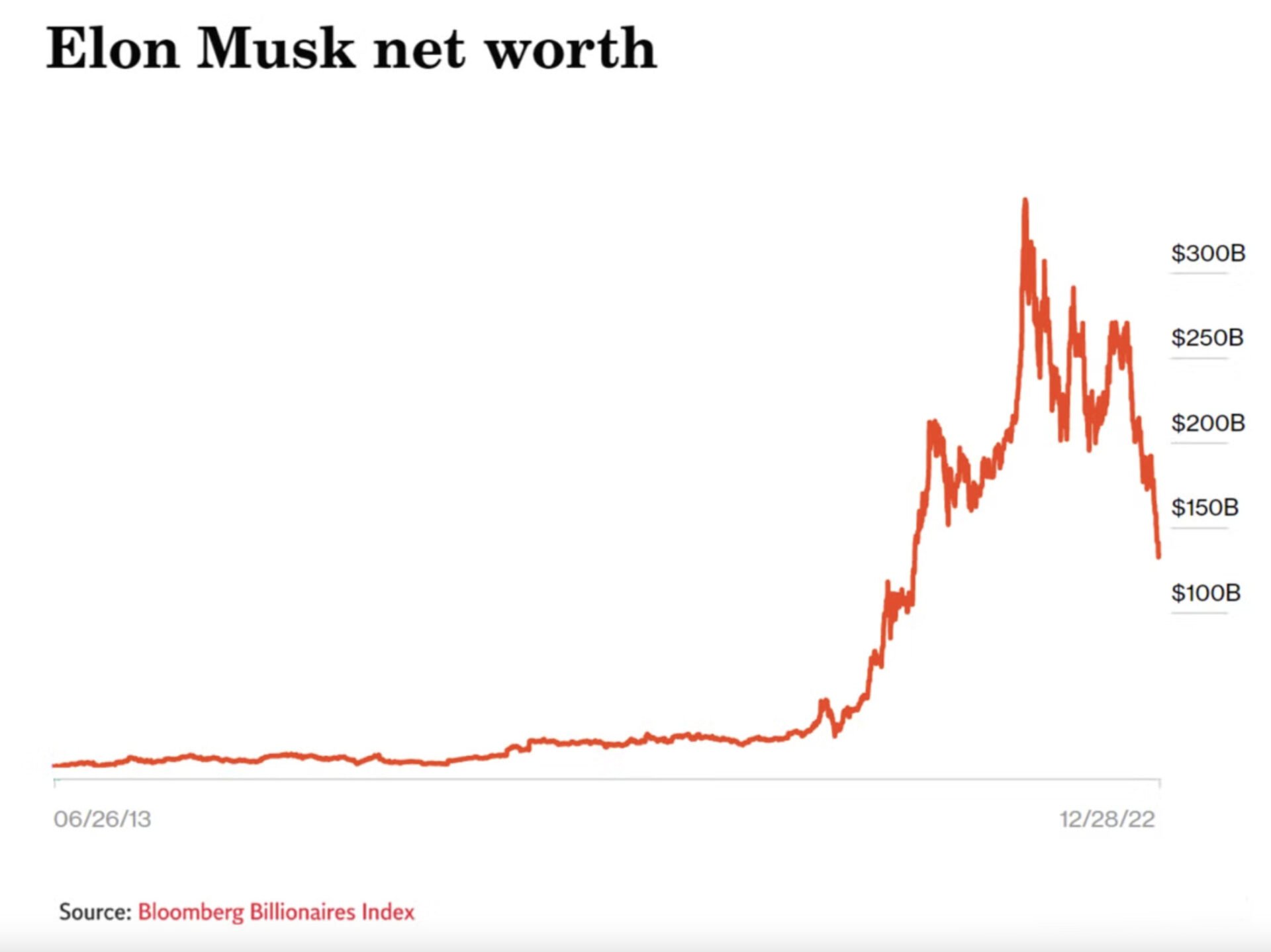 Market Downturn Impacts Elon Musks Net Worth Falling Below 300 Billion
May 09, 2025
Market Downturn Impacts Elon Musks Net Worth Falling Below 300 Billion
May 09, 2025 -
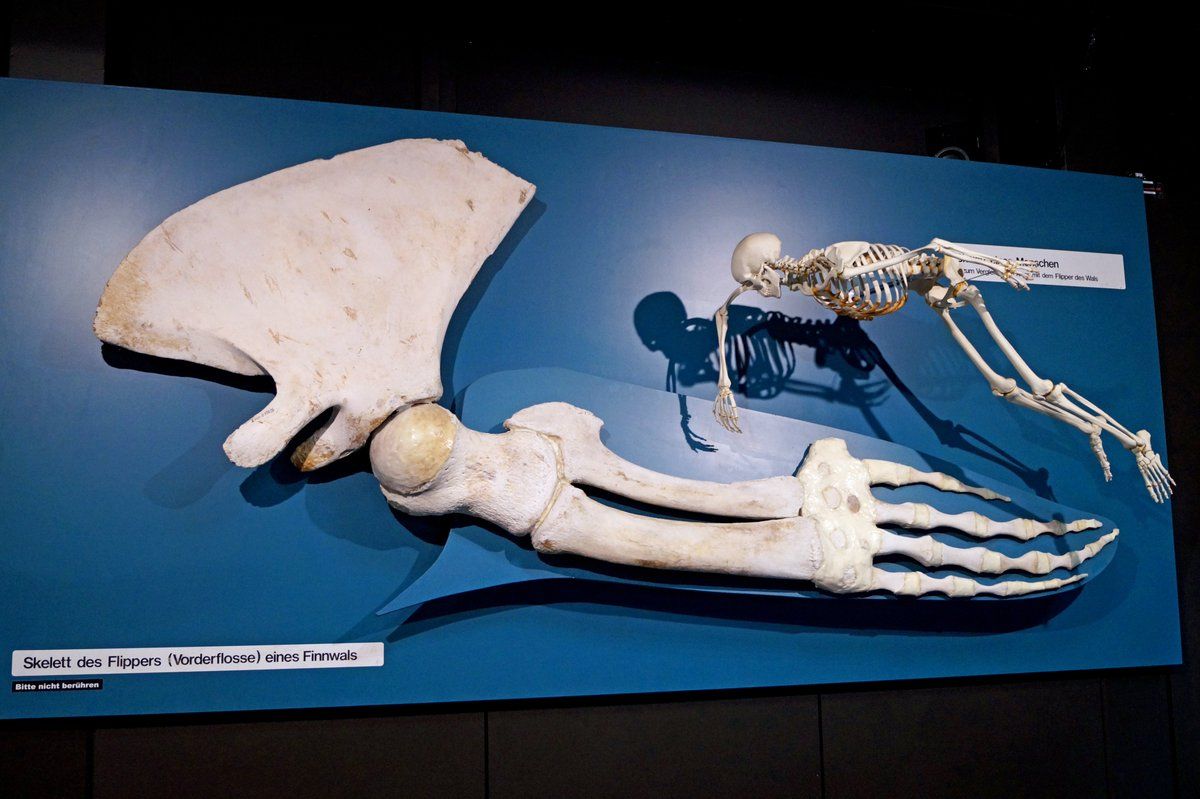 Rising Temperatures And Soft Mud Challenges In Recovering Anchorage Fin Whale Remains
May 09, 2025
Rising Temperatures And Soft Mud Challenges In Recovering Anchorage Fin Whale Remains
May 09, 2025 -
 Trade Disputes And Supply Chains How The Crisis Affects Chinese Products Like Bubble Blasters
May 09, 2025
Trade Disputes And Supply Chains How The Crisis Affects Chinese Products Like Bubble Blasters
May 09, 2025 -
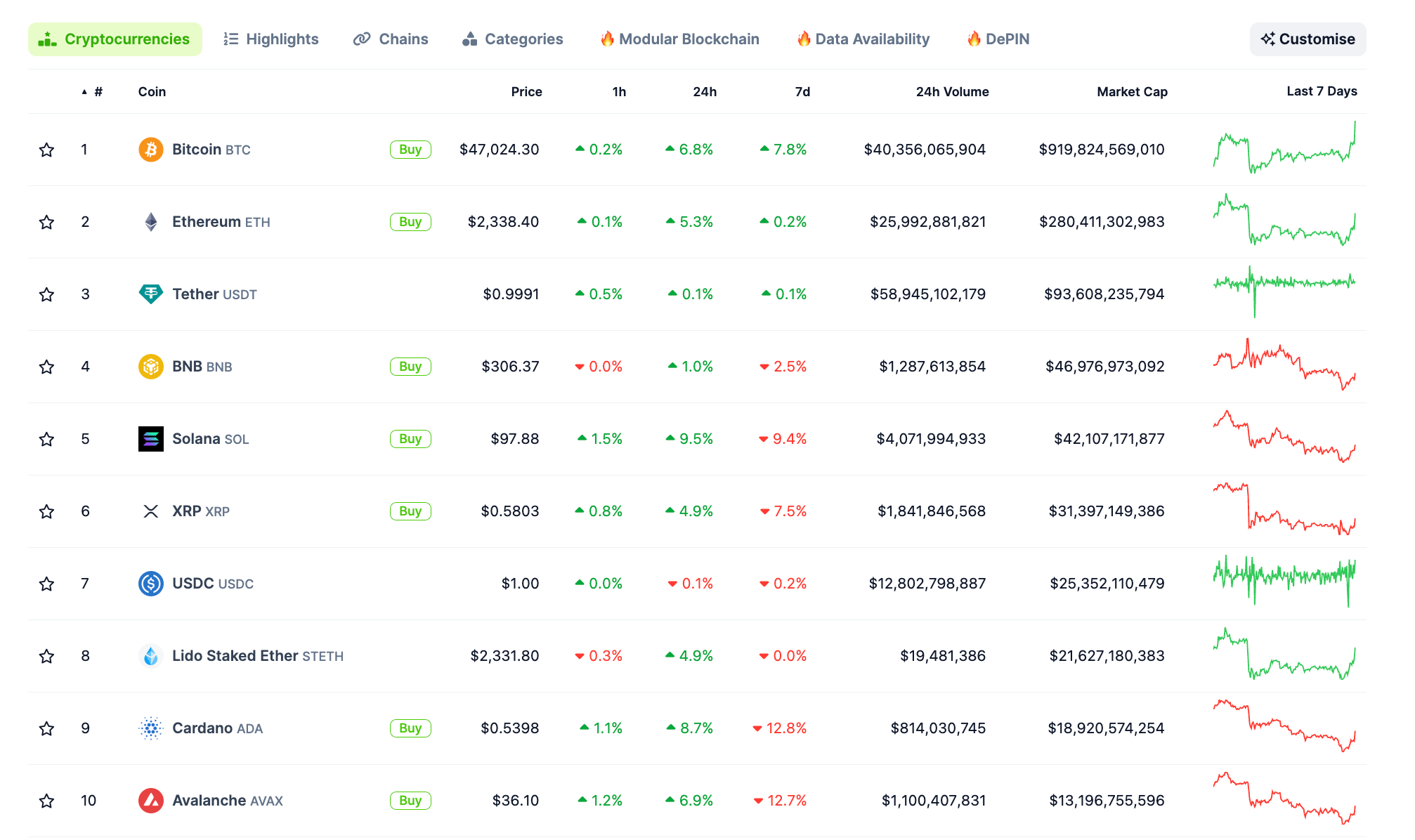 Black Rock Etf A Billionaire Investment Predicted To Soar 110 By 2025
May 09, 2025
Black Rock Etf A Billionaire Investment Predicted To Soar 110 By 2025
May 09, 2025
Latest Posts
-
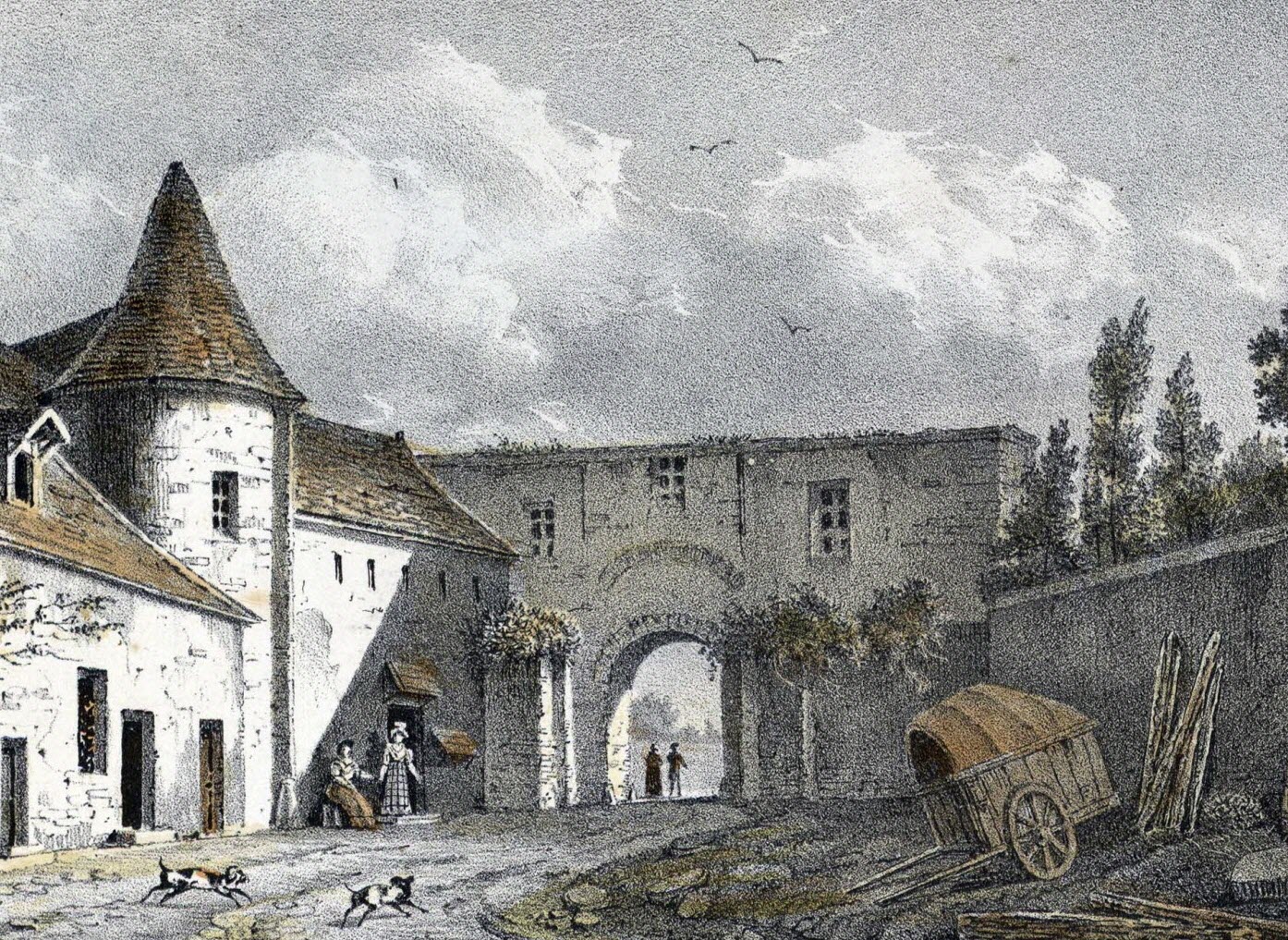 Dijon Revele Le Role De Melanie Eiffel Dans La Construction De La Tour Eiffel
May 09, 2025
Dijon Revele Le Role De Melanie Eiffel Dans La Construction De La Tour Eiffel
May 09, 2025 -
 Dijon 2500 M De Vignes Plantes Au Secteur Des Valendons
May 09, 2025
Dijon 2500 M De Vignes Plantes Au Secteur Des Valendons
May 09, 2025 -
 Travailler A Dijon Restaurants Et Rooftop Recrutement En Cours
May 09, 2025
Travailler A Dijon Restaurants Et Rooftop Recrutement En Cours
May 09, 2025 -
 3e Ligne De Tramway A Dijon Le Conseil Metropolitain Valide Le Projet Suite A La Concertation
May 09, 2025
3e Ligne De Tramway A Dijon Le Conseil Metropolitain Valide Le Projet Suite A La Concertation
May 09, 2025 -
 Difficultes D Epicure A La Cite De La Gastronomie De Dijon Intervention Municipale
May 09, 2025
Difficultes D Epicure A La Cite De La Gastronomie De Dijon Intervention Municipale
May 09, 2025
